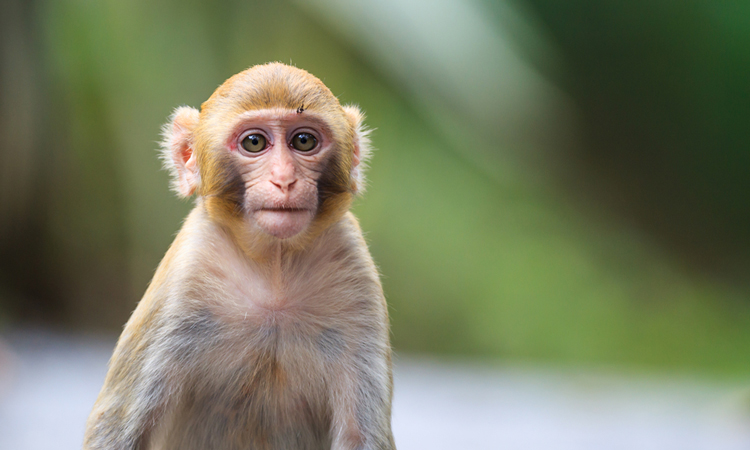Oxford University and NIH COVID-19 vaccine shows success in rhesus macaques
Posted: 18 May 2020 | Victoria Rees (Drug Target Review) | No comments yet
A vaccine currently in Phase I clinical trials was effective at inducing immune responses against SARS-CoV-2 in mice and rhesus macaques.


A new study has shown that a single dose of a potential vaccine to prevent pneumonia caused by COVID-19 is successful in non-human primates.
The research was conducted by the US National Institutes of Health (NIH), in collaboration with researchers from the University of Oxford, UK.
The scientists reveal that a single dose of ChAdOx1 nCoV-19, an investigational vaccine against SARS-CoV-2, protected six rhesus macaques from pneumonia caused by COVID-19. Based on these data, a Phase I trial of the candidate vaccine began on 23 April in healthy volunteers in the UK.
The vaccine was developed at the University of Oxford’s Jenner Institute. It uses a replication-deficient chimpanzee adenovirus to deliver a SARS-CoV-2 protein to induce a protective immune response. ChAdOx1 has been used to develop investigational vaccines against several pathogens, including a closely related coronavirus that causes Middle East respiratory syndrome (MERS).
The scientists quickly adapted the platform to SARS-CoV-2 when the first cases of COVID-19 emerged. They showed that the vaccine rapidly induced immune responses against SARS-CoV-2 in both mice and rhesus macaques. They then conducted vaccine efficacy testing on the macaques at the US National Institute of Allergy and Infectious Diseases’s (NIAID) Rocky Mountain Laboratories (RML).
The six animals that received the investigational vaccine 28 days before being infected with SARS-CoV-2 were compared with three control animals that did not receive the vaccine. The vaccinated animals showed no signs of virus replication in the lungs, significantly lower levels of respiratory disease and no lung damage compared to control animals.
Oxford University has entered into a partnership with UK-based global biopharmaceutical company AstraZeneca for the further development, large-scale manufacture and potential distribution of the vaccine.
The researchers posted their data to the pre-print server bioRxiv. The findings are not yet peer-reviewed but are being shared to assist the public health response to COVID-19.
Related topics
Antibodies, Drug Development, Drug Targets, Immunology, Research & Development, Vaccine
Related conditions
Coronavirus, Covid-19, Middle East Respiratory Syndrome (MERS)








